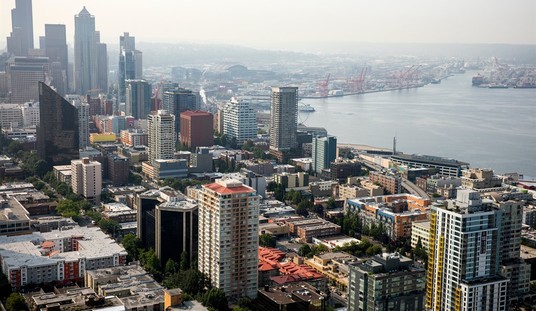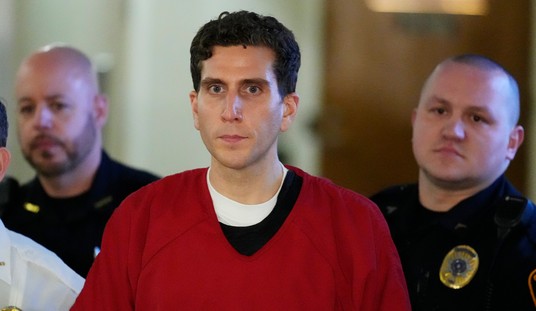A little over a week ago, Canada’s three opposition leaders tried staging an almost-unprecedented takeover of the government from the Conservatives, which have had a plurality in Parliament for over two years and had just added seats in a national election six weeks earlier. Prime Minister Stephen Harper prorogued Parliament before the three parties could offer a no-confidence vote, effectively sidelining the opposition until the Throne Speech and the budget bill at the end of January. In the immediate aftermath, polling showed that Harper and the Conservatives increased their popularity by shutting down the legislature and blocking the quasi-coup so soon after national elections.
However, Canadians now have had a week to assess the political scene, and the Liberals have dumped the architect of the quasi-coup, Stephane Dion, for Michael Ignatieff. What do Canadians think now about Harper? Pretty much what they thought of him a week ago:
In a week that witnessed the hasty departure of Stephane Dion as Leader of the Liberal Party and the selection of Michael Ignatieff as his replacement, a new Ipsos Reid poll conducted on behalf of Canwest News Service and Global National Television reveals that Prime Minister Harper still holds a significant vote-garnering hammer over his political opponents because of the support he would receive if the opposition forced an election, regardless of what has transpired since the Governor General prorogued parliament until late January.
If an election were held tomorrow, the Conservatives would receive the support of 45% of decided voters (down 1 point), while the Liberals would receive 26% of the vote (up 3 points). The NDP would garner 12% support (down 1 point), and the Green Party would receive 7% support (down 1 point). Within Quebec, the Bloc has the support of 39% of Quebecers (up 2 points), which amounts to 10% nationally.
The key finding in the poll?
Similarly, opposition to the Liberal-NDP-Bloc coalition continues to be strong, even with Mr. Ignatieff as chief, with 57% of Canadians indicating that they ‘oppose’ the coalition (down 3 points). Conversely, 37% ‘support’ (unchanged) the coalition, while 7% don’t know what to think of it (up 4 points).
Canadians appear to be sending a message to Michael Ignatieff, the new leader of the Liberal Party: two in three (65%) believe he should ‘try to find a compromise with the Conservatives and keep the current government in power’, compared with the three in ten (27%) who say that he should ‘stick with the Liberal-NDP coalition and defeat the government’. One in ten (8%) don’t know what Mr. Ignatieff should do going forward.
When Parliament reconvenes, the three parties will almost certainly put aside any more thoughts of no-confidence votes. At 45%, Conservatives could win an outright majority and lock out the other parties from power for years. Voters have no burning desire to return to the polls, nor do they trust the leadership of the three lesser parties to run the nation, even while replacing the doltish Dion for the more respected Ignatieff.
In fact, the opposition now has to wonder when the political waters will calm to the point where they can compete in a national election. They have to hope Harper and the Tories stumble next year in at least as spectacular a fashion as their ill-advised attempt at a Canadian coup did. Don’t look for no-confidence votes in January for either the Throne Speech or the budget proposal. The three parties need more time to recover — and from the looks of it, a lot more time.








Join the conversation as a VIP Member